Europe
From the fall of Napoleon to Revolution in Russia and from the rise of Hitler to the fall of the Berlin Wall this period is one of major upheaval in Europe. We see the collapse of monarchies and empires and the changing status of women and working men. This is a time that witnesses the mass displacement of peoples and genocide on a scale never seen before it is also a time that sees changes in medicine and technology that make fundamental changes to our everyday lives. Read more
Sort by:
Date (Newest first) | Title A-Z
Show:
All |
Articles |
Podcasts |
Multipage Articles
-
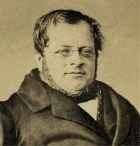
Cavour and Italian Unification
ArticleClick to view -
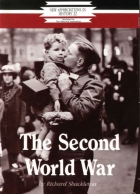
The Second World War
ArticleClick to view -
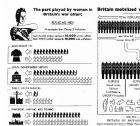
Diagrams in History
ArticleClick to view -
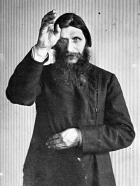
Alexandra and Rasputin
ArticleClick to view -
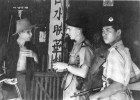
Imperialism resurgent: European attempts to 'recolonise' South East Asia after 1945
ArticleClick to view -
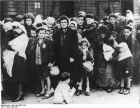
Anti-Semitism and the Holocaust
ArticleClick to view -
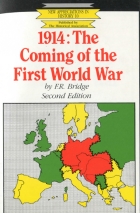
1914: The Coming of the First World War
ArticleClick to view -
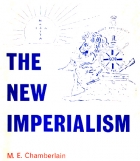
The New Imperialism
ArticleClick to view -
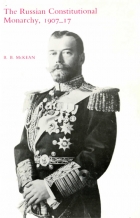
The Russian Constitutional Monarchy, 1907-17
ArticleClick to view -

The Road to Dunkirk
ArticleClick to view -
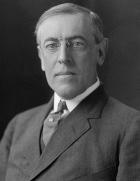
The League of Nations
ArticleClick to view -
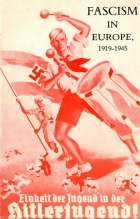
Fascism in Europe 1919-1945
ArticleClick to view -
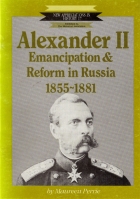
Alexander II
ArticleClick to view -
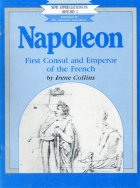
Napoleon: First Consul and Emperor of the French
ArticleClick to view -
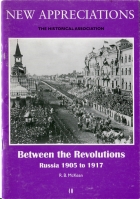
Between the Revolutions: Russia 1905 to 1917
ArticleClick to view -
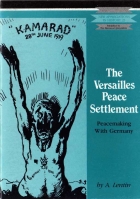
The Versailles Peace Settlement
ArticleClick to view -
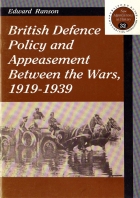
British Defence and Appeasement Between the Wars 1919-1939
ArticleClick to view -
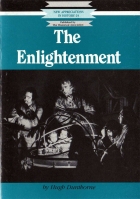
The Enlightenment
ArticleClick to view -
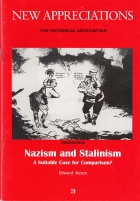
Nazism and Stalinism
ArticleClick to view -
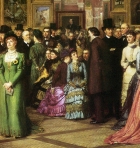
Anorexia Nervosa in the nineteenth century
ArticleClick to view

